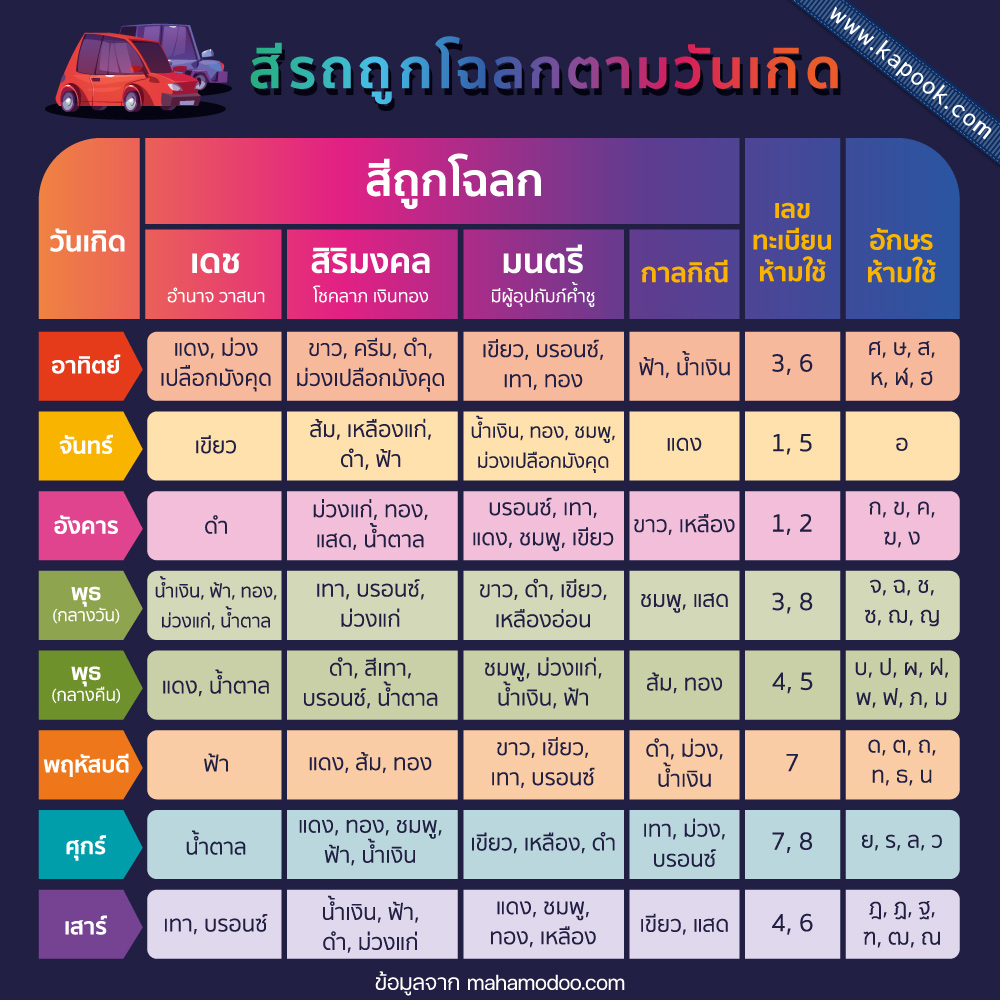
เลือกวันดีสำหรับชีวิตในปี 2568
[เลือกวันดีสำหรับชีวิตในปี 2568] Executive Summary Choo […]
[เลือกวันดีสำหรับชีวิตในปี 2568]

Executive Summary

Choosing the right day for important events can be a matter of personal belief and cultural practices. While there is no scientific evidence to suggest that certain days are inherently better than others, many cultures around the world attach significance to specific days, dates, and astrological alignments. This article explores the concept of choosing auspicious days in 2024 based on various perspectives, including numerology, astrology, and cultural beliefs. It provides a framework for understanding different approaches and encourages readers to consider their own beliefs and preferences when making decisions about important dates.

Introduction
For centuries, people have sought to understand the influence of celestial bodies and numerical patterns on their lives. This pursuit has led to the development of various systems for predicting favorable and unfavorable days for specific activities. While these practices are often intertwined with cultural and religious beliefs, they offer a lens for exploring the complex relationship between human behavior and perceived cosmic influences. In 2024, as we navigate a new year, the desire to choose auspicious days for events ranging from weddings and business ventures to personal goals and milestones persists. This article aims to provide a comprehensive overview of different methods for selecting auspicious days, empowering individuals to make informed choices that align with their personal values and aspirations.
Numerology
Numerology, the study of the meaning of numbers, proposes that each number carries a specific vibration and energy. By analyzing the numerical value of dates, names, and other relevant information, numerologists can identify favorable and unfavorable periods for various endeavors.
- Life Path Number: This number, calculated from your birthdate, reveals your inherent purpose and talents.
- Destiny Number: Derived from your full name, this number indicates your life’s mission and potential achievements.
- Year Number: Calculated by adding the digits of the year, it highlights the energy of the year and its impact on various aspects of life.
- Day Number: This number is determined by adding the digits of the day of the month and represents the energy of that specific day.
- Lucky Numbers: Each individual has specific numbers considered auspicious based on their birth date and name.
- Number Compatibility: Numerology can also be used to analyze compatibility between individuals based on their birth dates and names.
Astrology
Astrology, the study of celestial objects and their presumed influence on human affairs, believes that the positions of planets and stars at the time of birth determine an individual’s personality, destiny, and potential. Astrologers often use horoscopes and birth charts to identify favorable and unfavorable times for various activities.
- Lunar Cycles: The moon’s phases are considered influential in astrology. New moons are associated with beginnings, while full moons represent culmination and release.
- Planetary Retrogrades: When a planet appears to move backward in its orbit, it can create challenges or delays, particularly for activities related to the planet’s domain.
- Transit Aspects: The alignment of planets with each other and with specific points in an individual’s birth chart can indicate favorable or unfavorable times for certain endeavors.
- Zodiac Signs: Each zodiac sign is associated with specific traits and strengths, and certain astrological alignments can be considered more auspicious for individuals with certain zodiac signs.
- Lucky Days: Astrologers identify specific days based on planetary positions that are believed to be more auspicious for certain activities.
- Astrological Compatibility: Similar to numerology, astrology can be used to analyze compatibility between individuals based on their birth charts.
Cultural Beliefs
Across cultures, various traditions and practices dictate the selection of auspicious days for events such as weddings, funerals, business ventures, and religious ceremonies. These customs are often rooted in folklore, ancestral wisdom, and religious beliefs.
- Chinese Zodiac: The Chinese zodiac assigns each year to one of twelve animals, each with specific characteristics and energies. The compatibility between zodiac signs is considered important when planning events.
- Hindu Calendar: The Hindu calendar is based on the lunar cycle and includes auspicious days and periods for religious ceremonies, festivals, and personal events.
- Feng Shui: This Chinese philosophy emphasizes the harmonious balance of energy in a space. Feng Shui principles can be applied to choosing auspicious days for construction, moving, and other significant life events.
- Indigenous Cultures: Many indigenous cultures around the world have traditional practices for selecting auspicious days based on natural cycles, celestial observations, and ancestral wisdom.
- Religious Beliefs: Different religions have specific beliefs about auspicious days for prayer, ceremonies, and other activities.
- Cultural Customs: Specific days or periods are often considered auspicious or inauspicious within different cultures based on historical events, legends, and social norms.
Pros and Cons
Pros:
- Sense of Purpose: Choosing auspicious days can provide a sense of purpose and direction, aligning actions with perceived cosmic influences.
- Positive Mindset: The belief in favorable days can create a positive mindset and enhance motivation for achieving goals.
- Cultural Connection: These practices often connect individuals to their cultural heritage and ancestral wisdom.
- Ritual and Ceremony: Selecting auspicious days adds an element of ritual and ceremony to important life events, adding significance and meaning.
Cons:
- Lack of Scientific Evidence: There is no scientific evidence to support the claims of specific days being inherently auspicious.
- Potential for Superstition: Overreliance on these practices can lead to superstition and a belief that fate is predetermined.
- Cultural Bias: Different cultures have diverse beliefs about auspicious days, leading to potential cultural biases.
- Limited Control: Even on auspicious days, outcomes are not guaranteed, and individuals must still take responsibility for their actions.
Conclusion
While the concept of auspicious days may not be universally accepted, it remains a significant practice in many cultures and for individuals seeking guidance and meaning in their lives. By understanding the various approaches to choosing auspicious days, individuals can make informed decisions that align with their personal beliefs, cultural heritage, and aspirations. Ultimately, the choice of an auspicious day is a personal one, influenced by individual values and preferences.
Keywords:
- Auspicious Days
- Numerology
- Astrology
- Cultural Beliefs
- 2024









